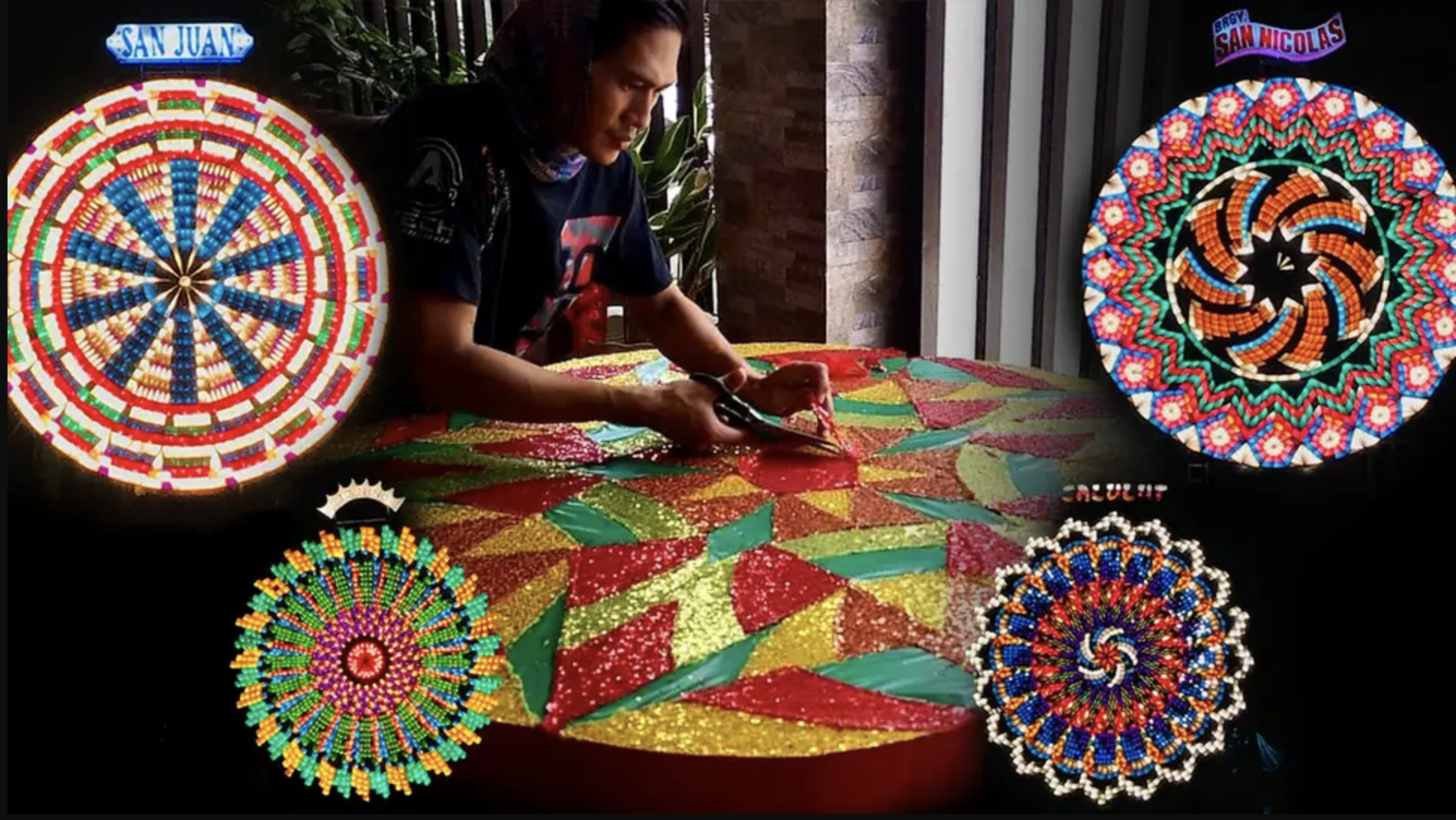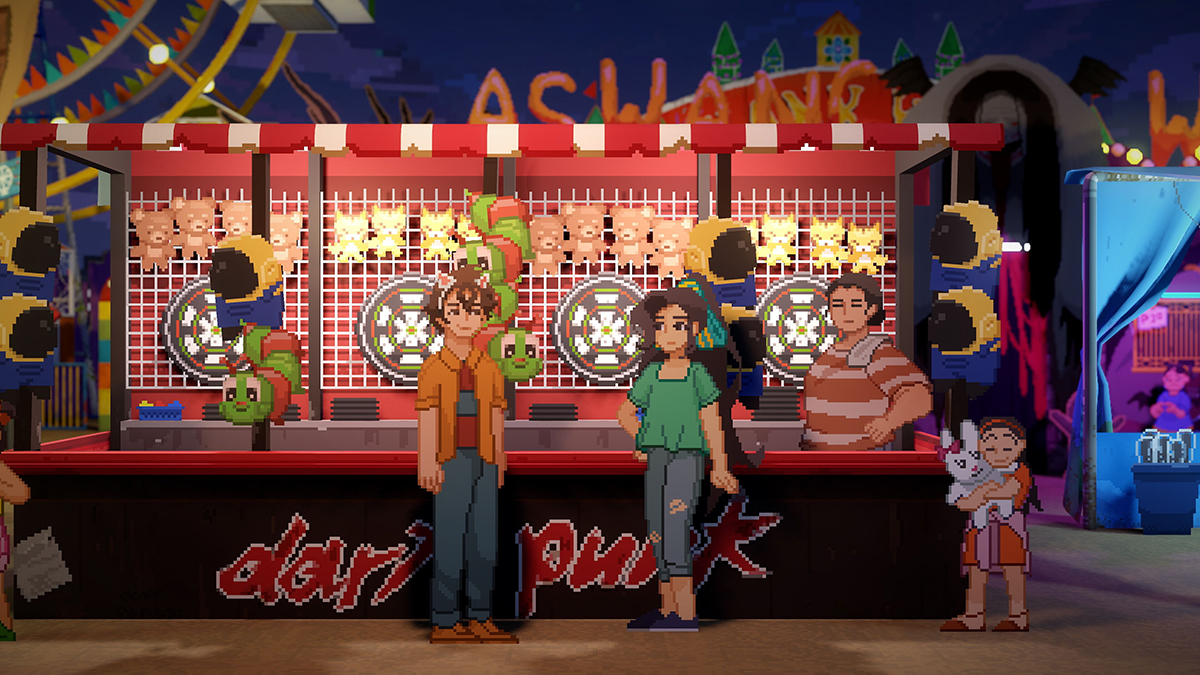
Five original Filipino-developed games that have players worldwide buzzing
By September Grace Mahino
June 27, 2025
If you haven’t caught on yet, the Philippines is increasingly becoming a serious player in the global gaming industry. Already recognized as a strong international provider of outsourcing services, from gaming assets and animation to testing, the country has also begun to make strides as an intellectual property (IP) generator, thanks to the efforts of independent Filipino creators and homegrown studios.
And it’s not just fellow Pinoys who are playing these games. International streamers, gamers, and content creators have been taking notice, too, drawn not just by the titles’ animation styles and engaging gameplay but also by their distinct stamp of Filipino culture and storytelling. Learn more about the latest original Filipino games that have been keeping people hyped and glued to their screens and find out where to play them.
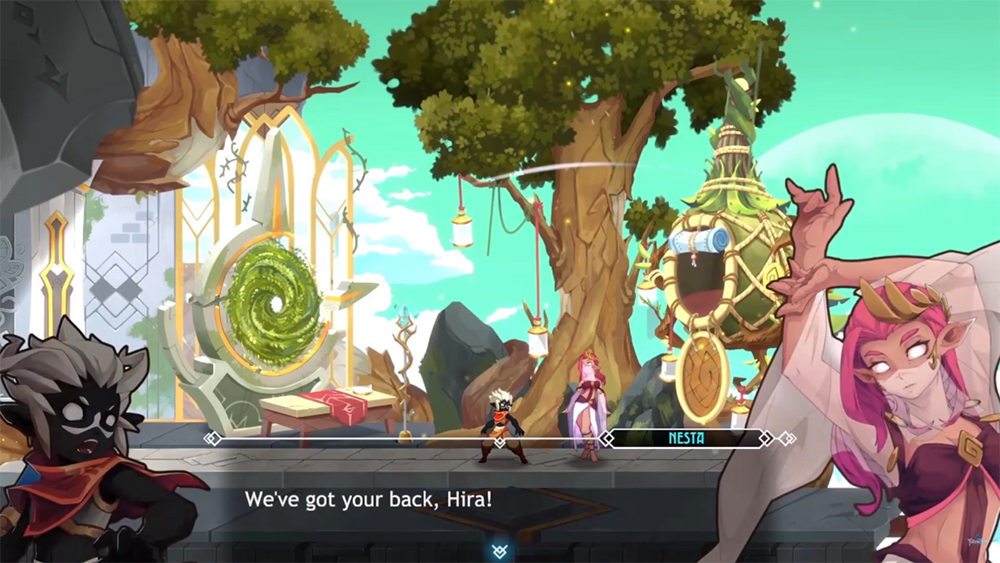
Fallen Tear: The Ascension
Here’s a game that made the international award-giving body Game Developers Choice sit up and take notice even before its official release. Fallen Tear: The Ascension won last year’s Global Play Showcase Award, a recognition given to titles that show plenty of promise while still in development. It is the first Filipino game to receive this honor.
Created by the local independent studio Winter Crew, the game is a single-player, story-driven 2D adventure that combines JRPG with Metroidvania. (JRPGs or Japanese role-playing games typically showcase anime-inspired world-building and feature turn-based combat while Metroidvania is an action-adventure sub-genre that guides players as they progress through non-linear challenges to collect key items and unlock levels.) It features lush, hand-drawn visuals, a compelling narrative inspired by Filipino and Southeast Asian folklore, and an immersive storytelling of how a plucky hero rights a world that has been upended by corrupted gods.
Play Fallen Tear: The Ascension’s demo on Steam.
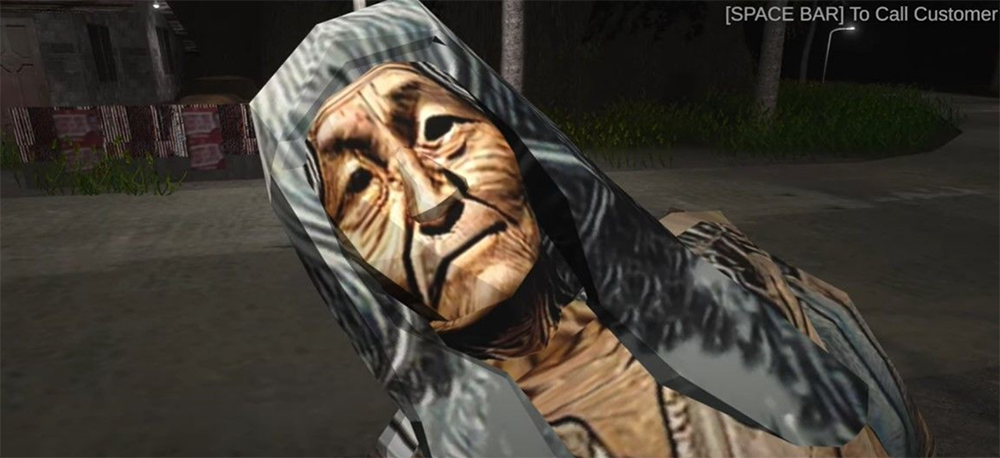
Hapunan
Hapunan (the Tagalog word for “dinner”) is a first-person game that presents the particularly Filipino style of mixing horror with melodrama and action. A young man named Niko helps his parents make ends meet by selling balut at night. However, an organized crime ring is once again terrorizing the barangay, putting Niko’s and his family’s lives at risk. Created by Josef Yenko a.k.a. “Yikon,” Hapunan became a viral hit early this year, drawing popular gamers with its compelling and unapologetically Filipino storytelling. Aside from presenting an interesting and realistic back story, Yikon also gave the game an atmospheric creepiness that’s authentic to the balut-selling experience, the darkness punctuated by the sounds of rustling leaves, approaching footsteps, and mysterious catcalls. Somehow, it all works well with Hapunan’s low-poly 3D rendering. Beyond the few jump scares that have made a few famous YouTubers fall out of their seats, the game is a quick, fun, and immersive ride through one of the more unique aspects of Filipino culture.
Play a demo of Hapunan for free here or download it on Windows and Android.
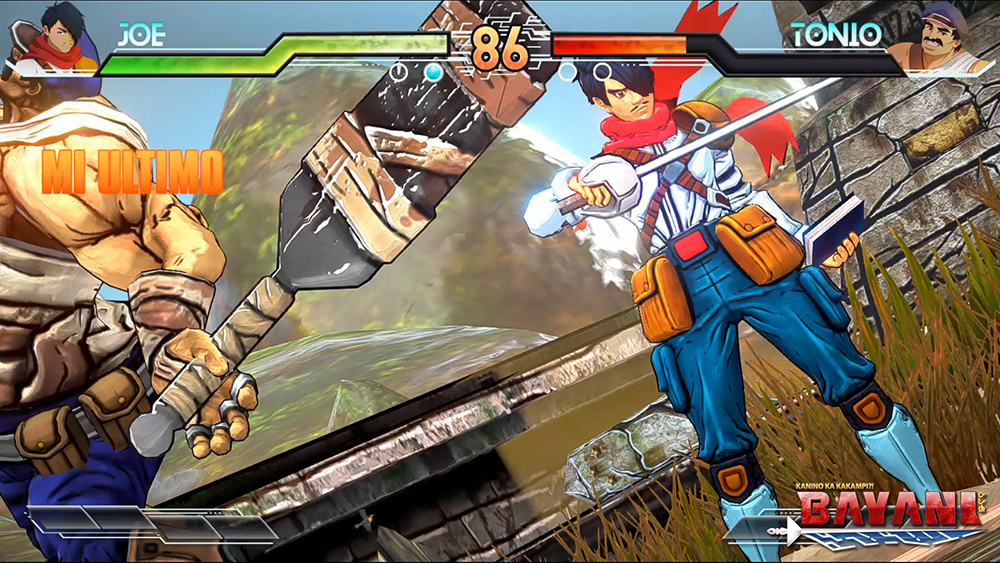
Bayani: Kanino Ka Kakampi?
It has been six years since its release, and the Ranida Games-developed Bayani: Kanino Ka Kakampi? still has gamers in its grip with its fast-paced 1-on-1 combats rendered in 2D against a backdrop of full 3D graphics. Drawing heavily from Philippine history and landmarks and with its theme song “Bandila” written and performed by Slapshock, the game features local heroes (bayani) reimagined as fighters living in an alternate timeline. Fusing tradition and culture with digital art, Bayani presents a contemporary and more interactive way of teaching a younger audience about Filipino history and heritage.
Download a free demo of Bayani: Kanino Ka Kakampi? here or download the full game on Steam.

High Times
Plenty of popular games have food as an element that’s integral to the gameplay: as a restorative resource, as a stimulant, as a power boost, and more. High Times, created by Yangyang Mobile, seamlessly combines these functions with humor and lessons in self-care. It has players running a special donut shop called The Hotbox and serving pastries baked with mood enhancers. The challenge is to figure out which donuts to serve to customers to ease their troubles and cheer them up—on top of dealing with antagonistic exes who keep dropping by. Presenting a world where characters literally eat their feelings, High Times is a fun, slice-of-life game that balances light-hearted silliness with narratives about building meaningful connections.
Download the High Times demo here.
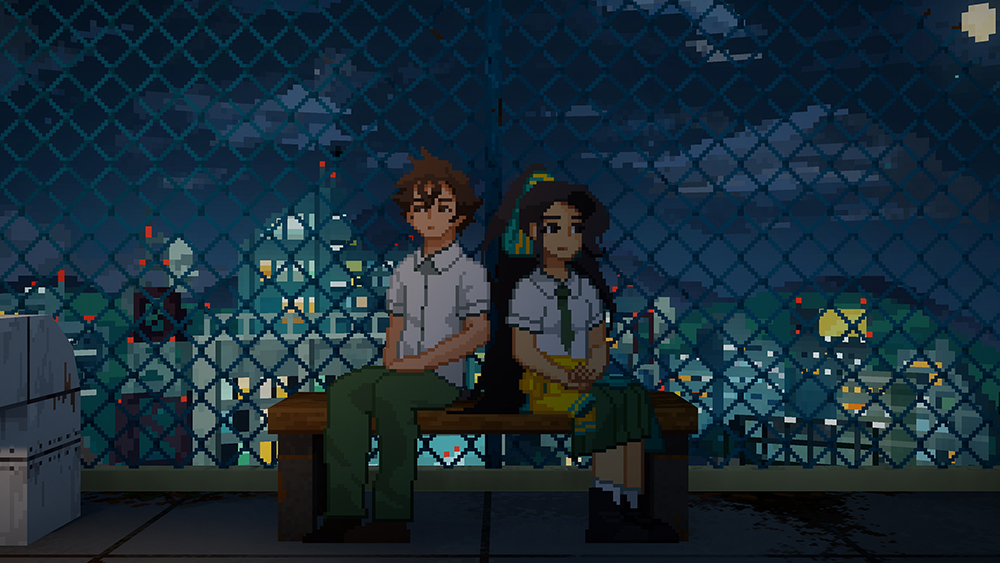
Until Then
Lauded for its stunning visuals and an immersive narrative that’s rooted in the realities of Filipino teenage life, Polychroma Games’ Until Then presents an interactive and cinematic experience that is unlike the usual fast-paced and skills-based nature of most games. The creators did this by design, allowing players to slow down and think through their everyday choices, just as they would (and should) in real life. Until Then follows the high school student Mark Borja as he navigates life after a global catastrophe, trying to establish normalcy amid the collective grief. Filled with mini-challenges that reflect elements of Filipino culture—passing coins in a jeepney, fighting over pieces of fishball with a friend—the game tells a poignant story about accepting loss, change, and the passage of time.
Play Until Then on Steam, PlayStation, and Nintendo Switch, or download a demo here.
***
Got Filipino-developed games you want to recommend? Get in touch with CREATEPhilippines by emailing us at [email protected]. Join our Viber community, too, and follow us on Instagram, Facebook, X, and LinkedIn to be updated on the creative events that we’re promoting.

